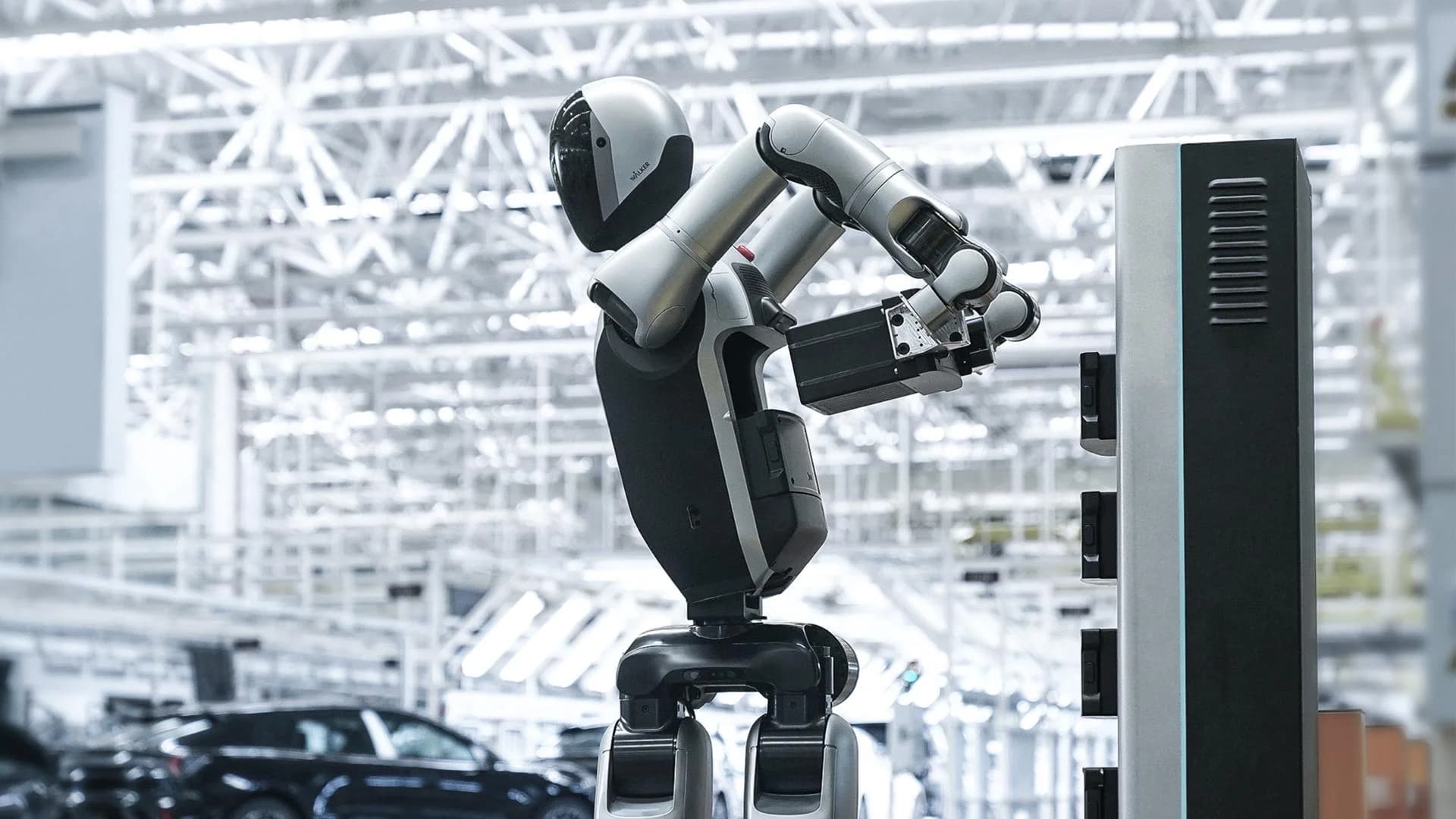- Published on
UBTECH Walker S2 Orders Top 800 Million Yuan After New 159M Contract

Shenzhen-based UBTECH Robotics continues to convert its industrial ambitions into large-scale contracts, securing a new 159 million yuan (approx. $22.4 million USD) order for its flagship humanoid robot, the Walker S2.
According to a disclosure on the Sichuan Provincial Public Resources Trading Information Network dated November 4, the contract is for an "Equipment Procurement Project of Zigong Digital Investment Humanoid Robot Data Collection Center." The order, which specifies the Walker S2 model featuring autonomous battery swapping, is reportedly expected to be delivered this month.
A Year of High-Value Contracts
This 159 million yuan deal is the second nine-figure contract UBTECH has announced for its Walker S2 in recent months. It follows a 250 million yuan procurement contract revealed in early September from what was described as a "well-known domestic enterprise."
With this latest win, the total announced order value for UBTECH's Walker series of humanoid robots in 2025 has now exceeded 800 million yuan (approx. $112.7 million USD). These back-to-back, large-scale orders suggest UBTECH is successfully transitioning its industrial robots from pilot programs to significant commercial deployments.
The Tech: 24/7 Operation and Data Collection
The Walker S2, which recently won a 2025 MUSE Design Award, has been heavily marketed on its practical industrial features. Chief among these is its autonomous battery-swapping capability, a system UBTECH has called the "world's first" for a humanoid, designed to enable 24/7, non-stop operation on factory floors.
While previous deployments have focused on EV manufacturing, the nature of this new customer—a "Humanoid Robot Data Collection Center"—is notable. It suggests this fleet of robots may be used not only for labor but also for training and refining the "Swarm Brain Network 2.0" and AI systems that power the robots. This aligns with UBTECH's strategic partnership with Huawei, which aims to leverage cloud and AI infrastructure to scale robotic intelligence.
Pressure to Deliver
These substantial orders are critical for UBTECH, which holds the title of the "first humanoid robot stock" following its Hong Kong IPO. The company is still operating at a significant loss; its 2025 mid-year report showed a net loss of 440 million yuan, even as revenue grew 27.5% to 621 million yuan.
This revenue is still primarily driven by its legacy consumer-grade and educational robot divisions. These new industrial contracts are essential for fueling its next phase of growth and meeting its ambitious production targets, which include delivering over 500 industrial humanoids this year and scaling to an annual capacity of over 1,000 units.
The wins also set a high bar in China's competitive robotics landscape. As other players like Unitree, Aelos, and AgiBot race toward their own IPOs, UBTECH is using these large public contracts to demonstrate that it is moving beyond R&D and solving the core challenge of commercialization at scale.
Share this article
Stay Ahead in Humanoid Robotics
Get the latest developments, breakthroughs, and insights in humanoid robotics — delivered straight to your inbox.